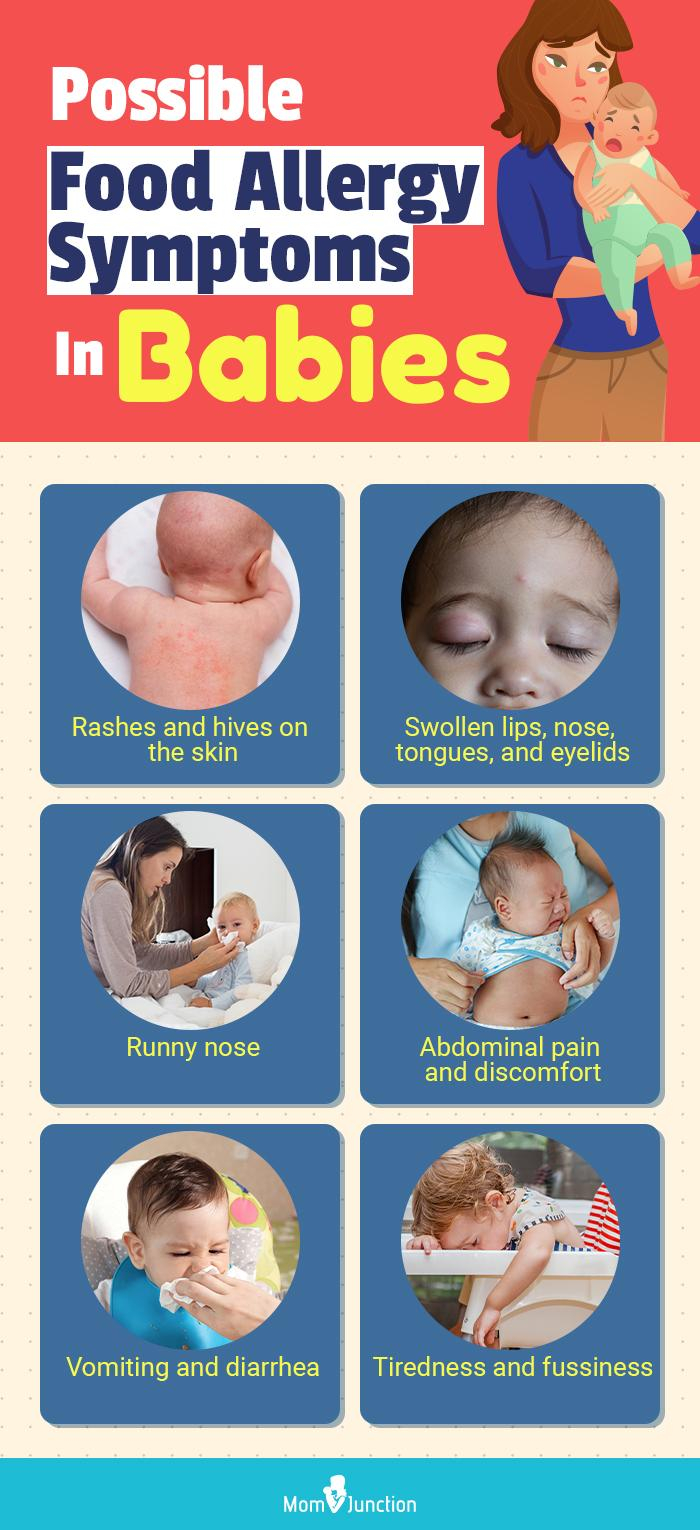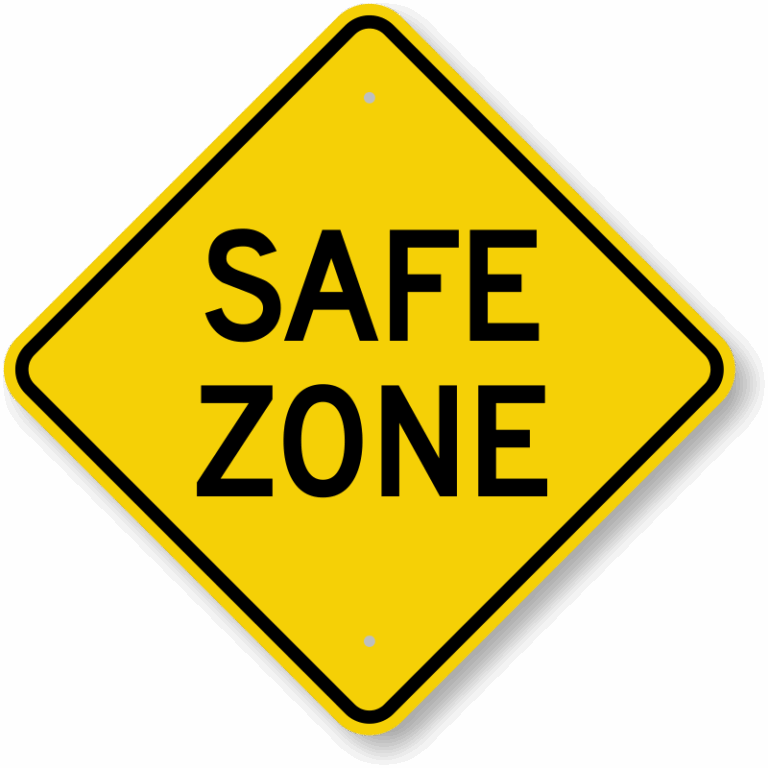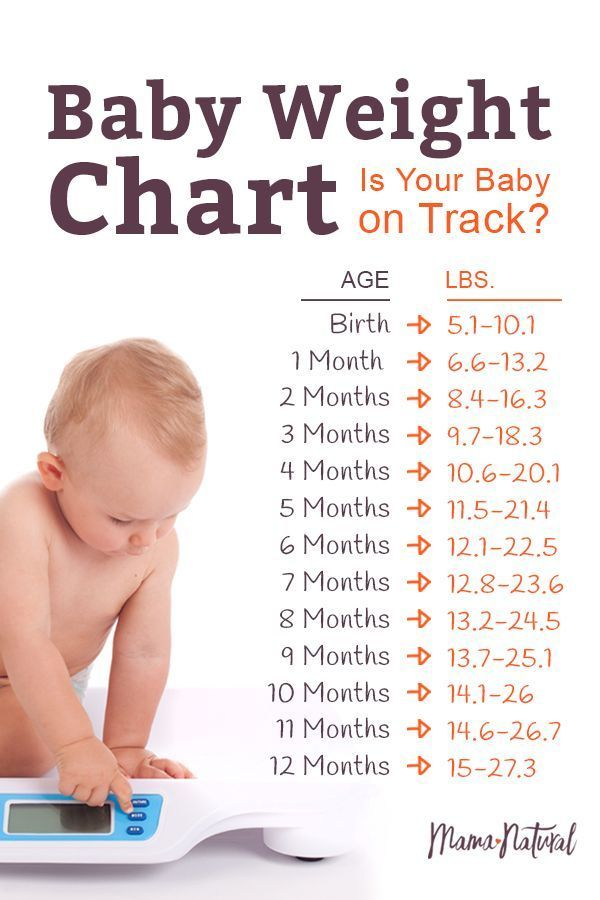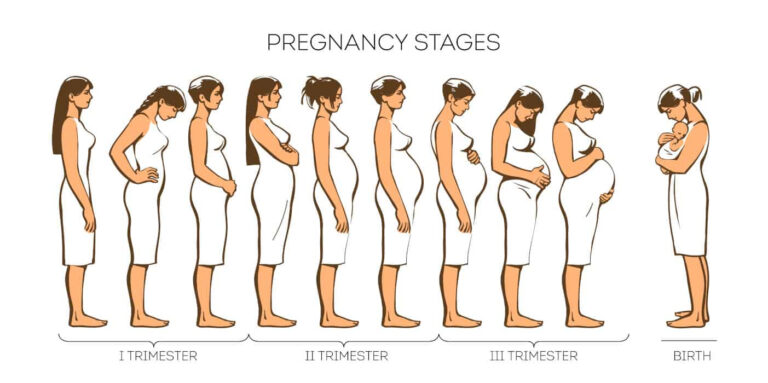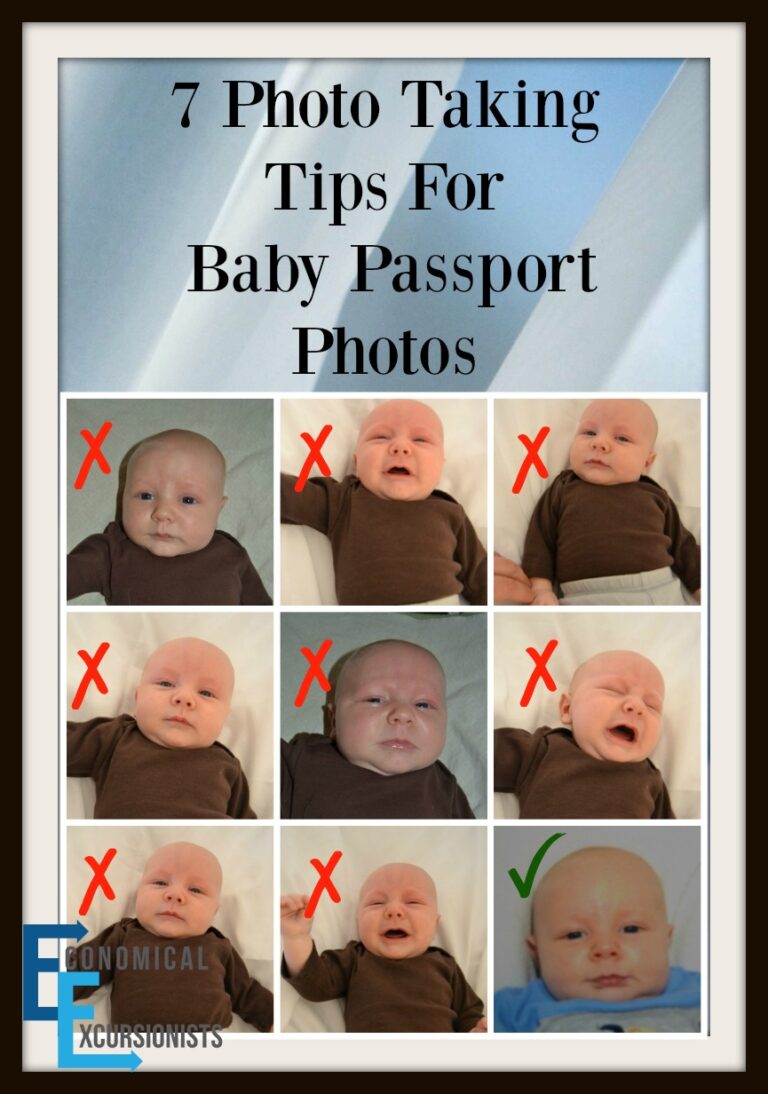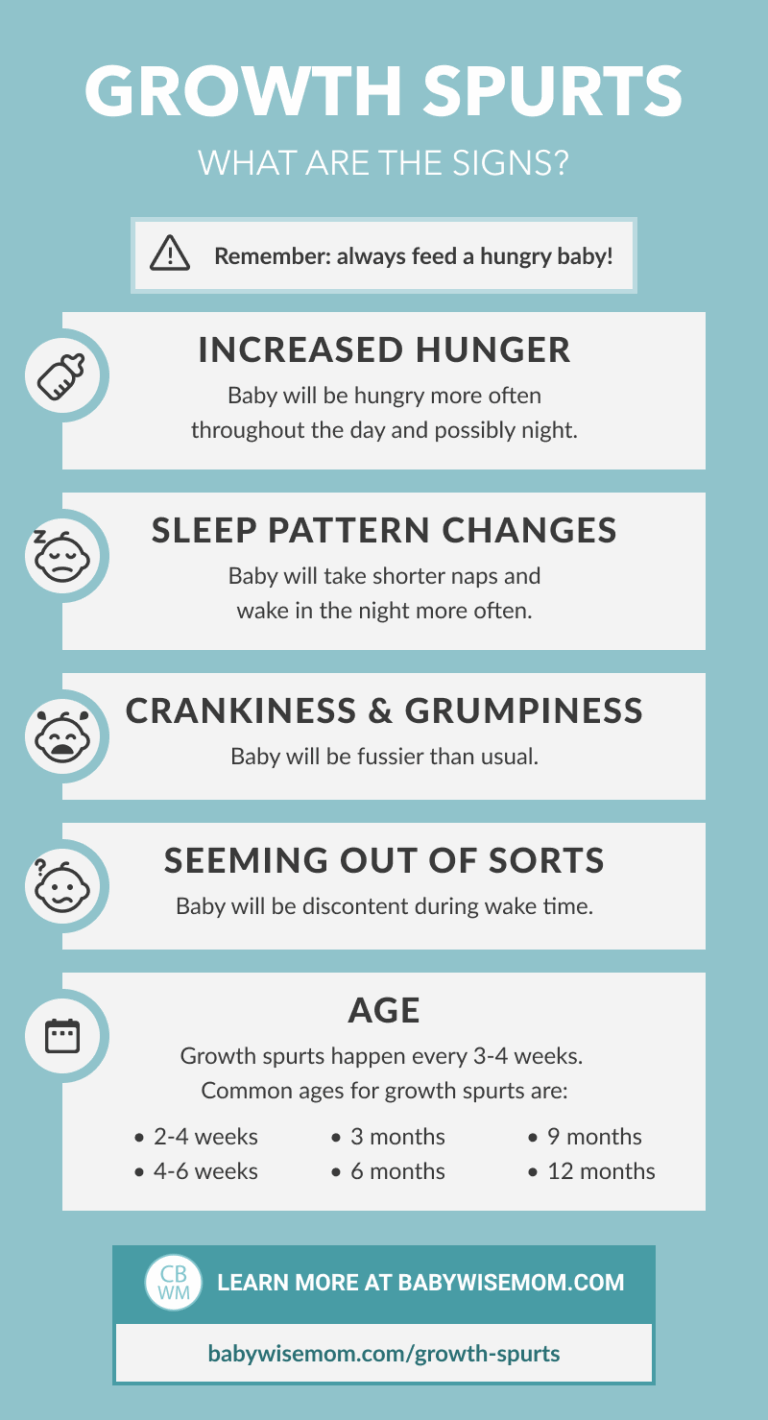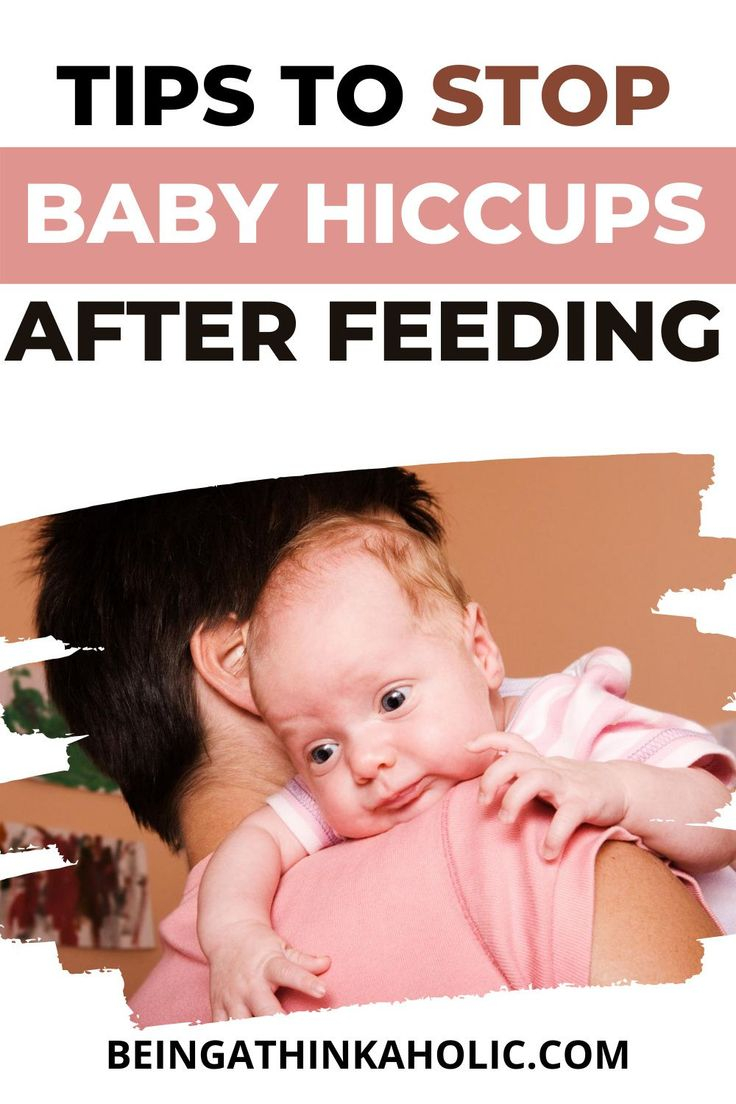What To Give Baby For Allergic Reaction: A Parent’s Guide
When it comes to your baby’s health, nothing is more important than being prepared for any situation that may arise. Allergic reactions can be scary, especially when they happen to your little one. Knowing what to give your baby for an allergic reaction can make all the difference in ensuring their safety and well-being. In this article, we will discuss in detail what steps you can take to address an allergic reaction in your baby.
Knowledge
First and foremost, it’s crucial to be able to recognize the signs of an allergic reaction in your baby. Symptoms may include hives, swelling, itching, difficulty breathing, vomiting, or diarrhea. If you suspect that your baby is having an allergic reaction, it’s essential to act quickly.
One of the first things you can do is check if your baby has any known allergies and whether they have been exposed to a potential allergen. If your baby has a known allergy and is experiencing symptoms, it’s important to administer their prescribed epinephrine auto-injector immediately. This can help counteract the allergic reaction and give you time to seek medical help.
If your baby does not have a known allergy, but you suspect they are having an allergic reaction, you can give them a dose of children’s antihistamine. This can help alleviate symptoms such as itching and hives. However, it’s crucial to consult with your pediatrician before giving any medication to your baby, especially if they are under the age of two.
In addition to administering medication, it’s essential to seek medical help if your baby is having a severe allergic reaction. Call 911 or go to the nearest emergency room immediately. It’s always better to be safe than sorry when it comes to your baby’s health.
Conclusion
In conclusion, knowing what to give your baby for an allergic reaction can help you navigate a potentially dangerous situation with confidence. By being aware of the signs of an allergic reaction, having the necessary medication on hand, and seeking medical help when needed, you can ensure that your baby stays safe and healthy.
Parents and caregivers of babies should always be prepared for allergic reactions and know how to respond effectively. By following the guidelines outlined in this article, you can be better equipped to handle an allergic reaction in your baby.
Remember, your baby’s health is paramount, and being informed and prepared is the best way to protect them from potential allergic reactions. Stay vigilant, know the signs, and take action promptly to keep your baby safe and healthy.
